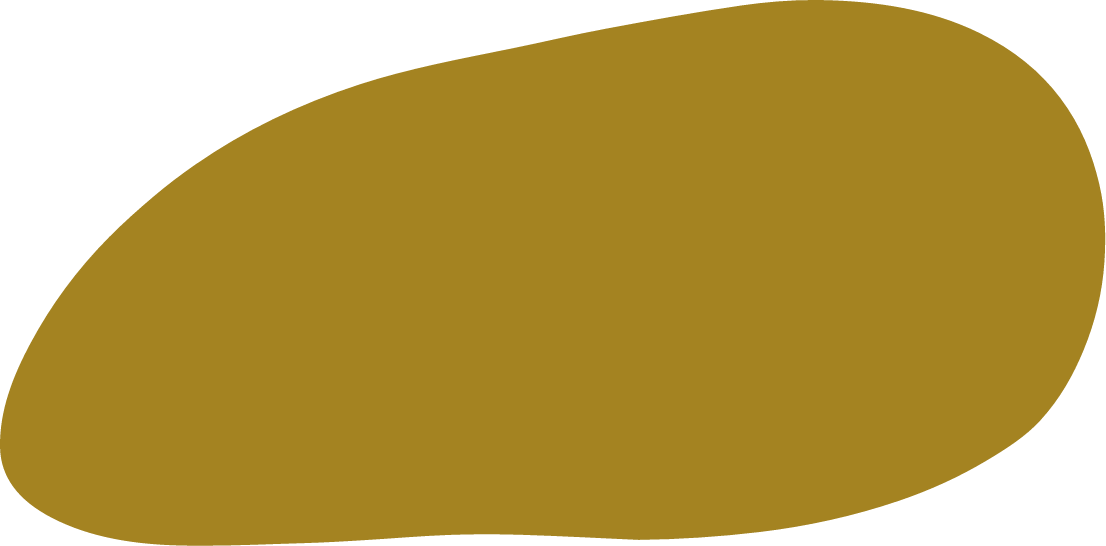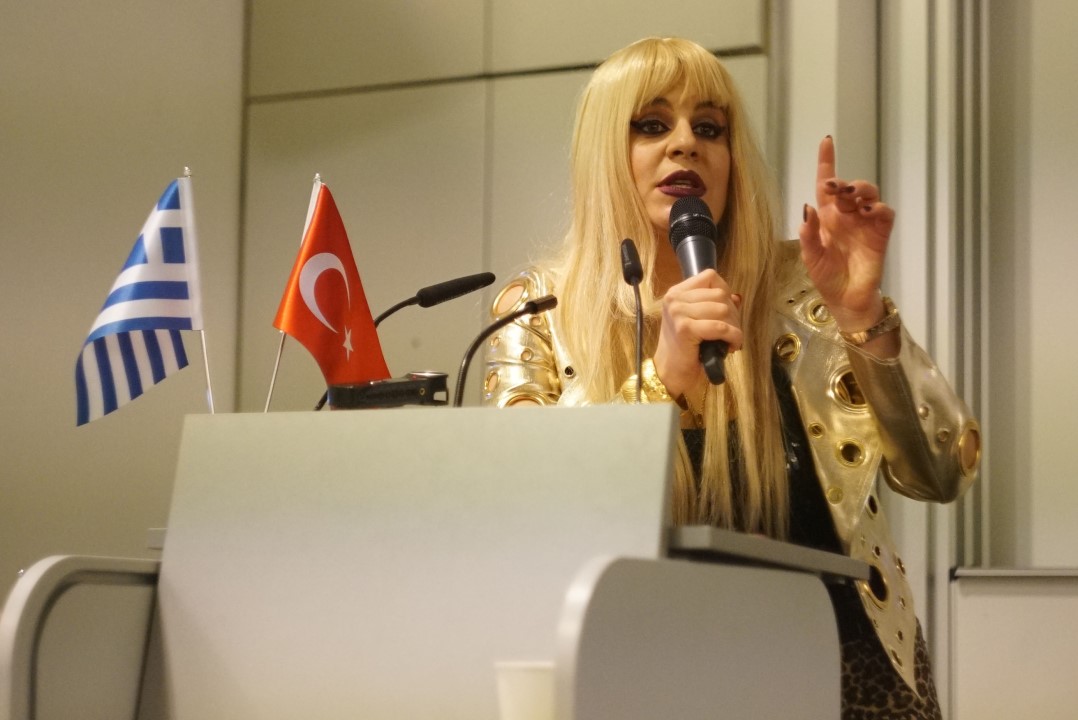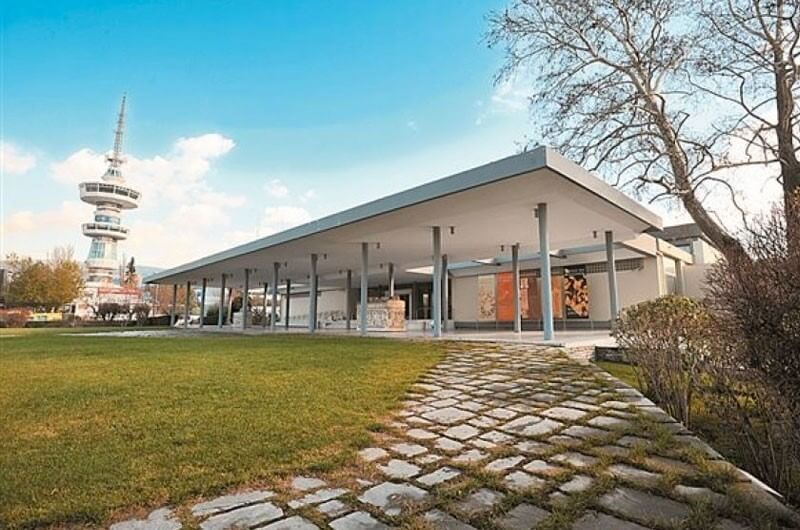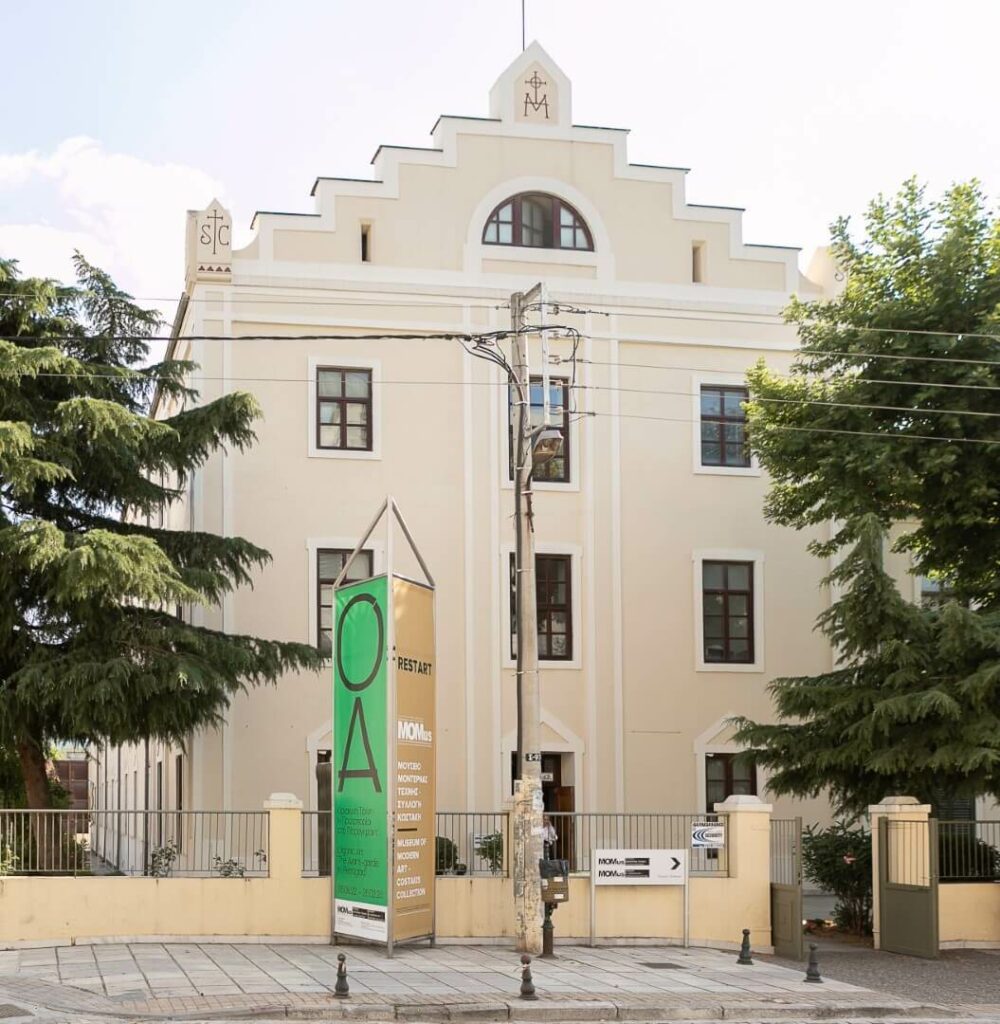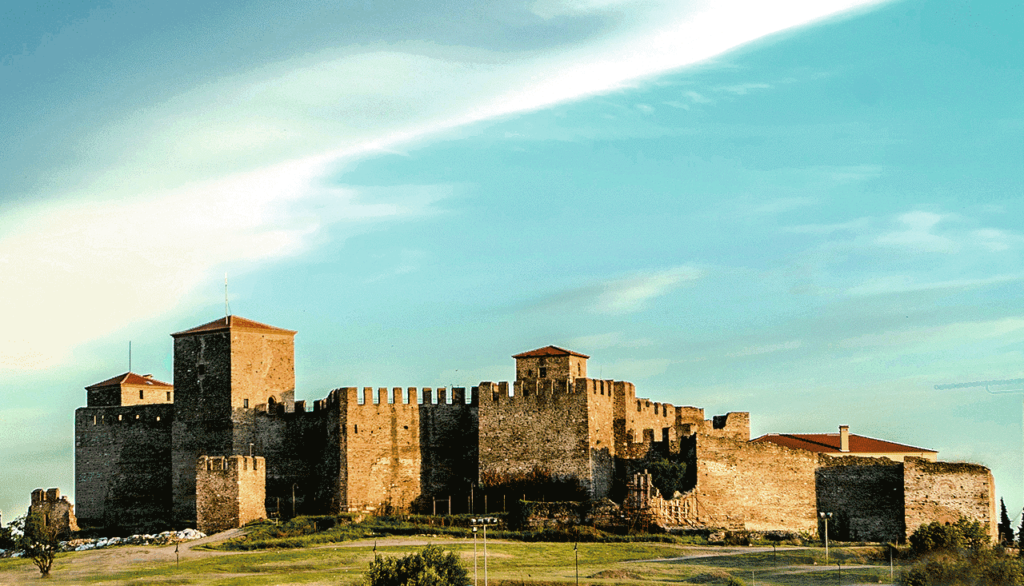Deep Green Orient: trauma and healing in a decolonized Aegean ecotopia, 45’
Venue: MOMus-Experimental Center for the Arts
In light of the upcoming elections in Greece and Turkey, activist-entrepreneur Ayşenur and the Orientalist Ballet perform a lecture on the traumatic history of the regions in and around the Aegean Sea through the prism of climate change. The lecture looks back on the shared human (and nonhuman) traumas in that geography and points at the instrumentalisation of nature through political ideologies and human practices, such as the establishment of national borders. Ayşenur and her team suggest an alternative to those ideologies and practices; the replacement of nation-states by a de-nationalised symbiotic ecotopia. The proposal is to imagine the geography in and around the Aegean as a therapeutic microcosmos, a green post-imperial (de)colony, and a laboratory for political, cultural, environmental, and technological change for a peaceful future.
Ayşenur: Persefoni Myrtsou
The Orientalist Ballet: Aylo Tsarouchaki, Maita Chatziioannidou, Archontia Makri.
Dance instructor: Aclan Sezer Genç (Horon Evi Istanbul)
Kemence Player: Filippos Kesapidis



